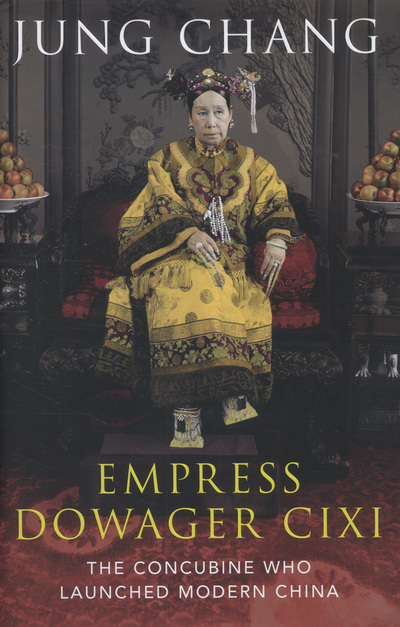
Each law, however, gets its own chapter: “Conceal Your Intentions,” “Always Say Less Than Necessary,” “Pose as a Friend, Work as a Spy,” and so on. These laws boil down to being as ruthless, selfish, manipulative, and deceitful as possible. This power game can be played well or poorly, and in these 48 laws culled from the history and wisdom of the world’s greatest power players are the rules that must be followed to win. We live today as courtiers once did in royal courts: we must appear civil while attempting to crush all those around us. The authors have created a sort of anti-Book of Virtues in this encyclopedic compendium of the ways and means of power.Įveryone wants power and everyone is in a constant duplicitous game to gain more power at the expense of others, according to Greene, a screenwriter and former editor at Esquire (Elffers, a book packager, designed the volume, with its attractive marginalia). In an entertaining biography, the empress finally has her day. Yet this tenacious empress rebounded from an assassination plot and exile to implement a series of remarkable reforms in the six years before her death in 1908. The coming-of-age of Emperor Guangxu meant the retirement of Cixi and a heap of foreign humiliation on the country, starting with the war with Japan. The short-lived reign of her son Tongzhi, who died in 1875, meant that she continued on the throne, installing her sister’s son, Guangxu, as her adopted son, so that her popular modernization policy continued-e.g., the beginning of coal mining and the installation of electricity. She welcomed foreigners and sent emissaries to tour Europe to report back on the outside world for the first time.


After engineering the coup in 1861 that defeated the regents, effectively installing the two dowager empresses to power, Cixi ushered in a new era in the expansion of foreign trade centered in Shanghai and the buildup of a modern navy and arms industry. A shrewd observer of the failed policy of trying to block Western influence in China, Cixi believed shutting out the enemy only brought catastrophe for the empire. Chosen as one of several concubines for the teenage Emperor Xianfeng in 1852, 16-year-old Cixi possessed more poise than beauty and was used to asserting her will in her own family her star rose when she gave birth to the emperor’s first son. An impassioned defense of the daughter of a government employee who finagled her way to becoming the long-reigning empress dowager, feminist and reformer.Ĭhang ( Wild Swans: The Daughters of China, 1991) strongly argues for a fresh look at this much-maligned monarch, who presided over China at a challenging period, when it was on the cusp of modernization and foreign invasion.


 0 kommentar(er)
0 kommentar(er)
